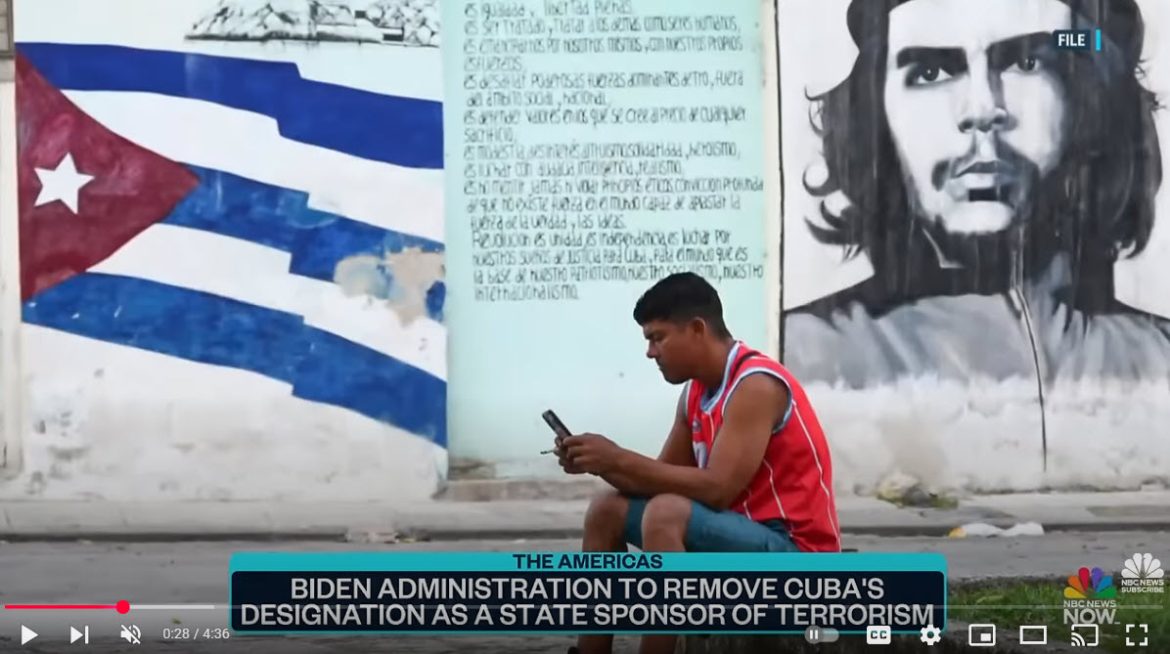President Joe Biden announces the removal of Cuba from the U.S. State Sponsors of Terrorism list, citing efforts to facilitate the release of political prisoners on the island. The move marks a significant shift in U.S.-Cuba relations, drawing sharp criticism from opponents and cautious optimism from others.
The decision reverses a designation made in January 2021 by former Secretary of State Mike Pompeo during the final days of the Trump administration. The label was based on allegations of Cuba harboring fugitives and supporting acts deemed harmful to U.S. interests. With the Biden administration’s announcement, Cuba is no longer subject to the additional economic and diplomatic restrictions associated with the designation.
President Biden states that the removal aims to create a pathway for dialogue with the Cuban government to address human rights abuses and secure the release of political prisoners. “This decision reflects our commitment to advancing human rights and diplomacy while recognizing the need for targeted pressure where necessary,” Biden says.
Critics, including John Suarez of the Center for a Free Cuba, call the decision “disastrous,” arguing it undermines accountability for the Cuban government’s alleged support of terrorism and ongoing repression. Suarez adds that while the move raises concerns, it also provides a glimmer of hope for change on the communist island. “It is crucial that this decision be accompanied by concrete measures to protect human rights and ensure transparency,” he says.
Supporters of the policy change see it as a pragmatic step toward improving relations and fostering progress in areas such as trade, cultural exchange, and regional stability. Advocacy groups highlight the potential for enhanced engagement to benefit Cuban citizens by alleviating economic hardships exacerbated by decades of isolation.
The Biden administration emphasizes that the decision does not absolve Cuba of its human rights obligations. U.S. officials plan to monitor the situation closely and collaborate with international partners to ensure progress. The White House also outlines a strategy to encourage greater access to independent information and support for civil society organizations operating in Cuba.
The removal of Cuba from the terror list is a complex and controversial decision that reflects the broader challenges of balancing diplomacy with accountability. As both critics and supporters await tangible outcomes from this policy shift, the debate over U.S. engagement with Cuba remains a focal point in American foreign policy.



